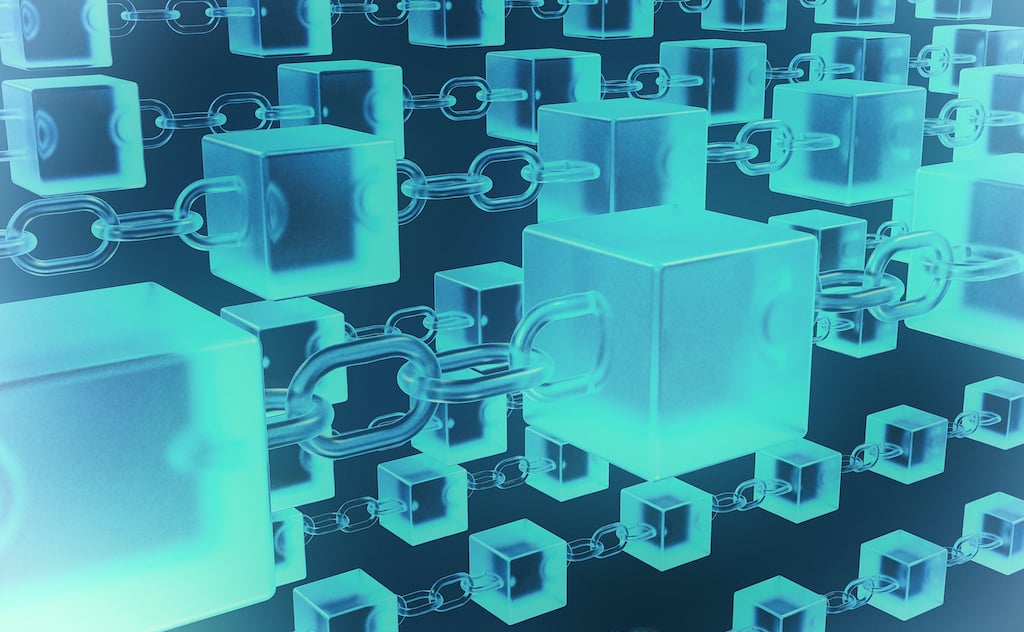When Databases Aren't The Right Tool For The Job
Aggregating data and making it an attractive target is part and parcel of database-oriented systems. Blockchain technology won’t change that. But there are several processes and data storing practices that will change. Not all information, for example, needs to be kept in a database as it can be stored ‘on-chain’ as both a matter of security and trust. Sometimes databases aren’t the right tool for the job!
 Relational Database vs Distributed Database
Relational Database vs Distributed Database
Why Relational Databases Aren’t Enough
Most digital databases are referred to as ‘relational databases’. The database was designed, and data entered to establish particular relationships between various rows and columns. Predefined relationships allow a database to be ‘queried’ to produce meaningful results, like tracking the most significant vendor expenses. Many 1:1 transactional use cases can be solved with relational databases. Yet many of these use cases are intractable when there are 10 or 200 involved parties.
What if the data contains information about more than one business entity? Who controls it? What if those entities are mistrustful of each other? In this scenario, a database is a suboptimal tool as it’s designed to be shared (and innately agreed upon). If two businesses are hostile, the issue of data ownership and managing a database can become a critical or contentious issue.
The Answer is On the Blocks
Trusted third parties can aggregate data and present it to participants on a read-only basis. A bank, for example, can hold an account balance for antagonistic partners. But there is another way to handle this issue: blockchain.
A blockchain’s distributed ledger allows companies to sync participants to a single database rather than maintaining integrations to separate databases. Everyone on the blockchain sees the same data and transactions. In doing so, blockchain holds real-time, verifiable data that can be inherently trusted across multiple participants.
An industrial blockchain differs from crypto or fintech blockchains because it is optimized to gather data from Industrial Internet of Things (IIoT) sensors, control and asset management systems and enterprise resource planning systems (ERP) to enable large dollar-value B2B transactions. Since only participants can see data on a chain, it is a highly secure form of data storage.

Organizing aggregated data by contractual stipulations and generating reports to match contract factors are two key components capable when storing information on the blocks. The future requires innovation — like blockchain — to execute better workflows when databases aren’t the right tool for the job.


